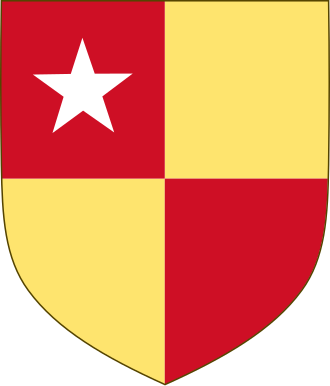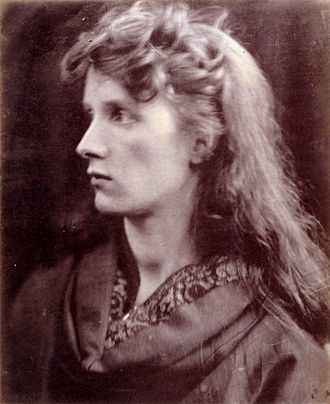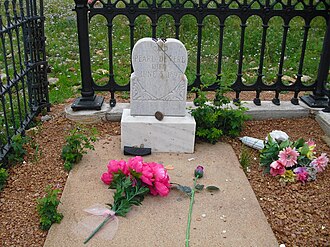Vere Last Name Origin, History, and Meaning
Where did the surname Vere come from? What does the surname Vere mean? Discover the history and meaning of the last name Vere and family migration on YourRoots Map.
Surname Vere Origin: What does the last name Vere mean?
The Vere surname has its roots in England, with records dating back to the early 11th century, as per YourRoots data. The name Vere has remained closely associated with England for centuries, with family records also appearing in Scotland in the 18th century, indicating a global spread over time.
YourRoots data confirms the significant volume of Vere surname records in England by the 20th century. The surname Vere remains prominent in the United States and can be found in various countries, including Scotland, showcasing its widespread presence across different regions.
Vere Last Name History: Where did the last name Vere come from?
Origin of Vere Surname: Where does the last name Vere originate from?
According to YourRoots data, the surname Vere first appeared in records from England around the early 11th century. Please note that this reflects only YourRoots data for the exact Vere spelling and does not include other record sources or surname variations.
History of the Last Name Vere: What does the Vere surname history look like in the early days?
The Vere surname remained closely associated with England from the 11th to the 18th century. YourRoots data also shows Vere family records in countries like Scotland in the 18th century, indicating global spread over the centuries.
Global Spread: Where can we find the Vere surname today?
By the 20th century, the volume of records with the Vere surname grew significantly in England. The Vere surname remains prominent in the United States. It appears in many countries, including Scotland, within the top regions.
Explore Vere last name heritage and Vere surname origin based on YourRoots Map data
 VIEW THE ORIGIN OF SURNAME VERE
VIEW THE ORIGIN OF SURNAME VEREFamous People With Vere Surame?

House of de Vere
Edward de Vere (April 12, 1550 – June 24, 1604) was the 17th Earl of Oxford, known for his patronage of the arts and noted as a poet and playwright. A favorite of Queen Elizabeth I, he is a controversial figure with some believing he may have been the true author of works attributed to William Shakespeare. His contributions to literature and the arts have left a lasting impact, cementing his place in history as a prominent figure of the Elizabethan era.

Francis Vere
Sir Francis Vere (1560/61 – August 28, 1609) was a renowned English soldier who served under Queen Elizabeth I during the Anglo-Spanish War and the Eighty Years' War. He was known for his leadership in the Low Countries, especially at the Battle of Nieuwpoort, and his close cooperation with the Dutch forces. Born into a noble family, Vere had a successful military career, earning knighthood for his heroic deeds on the battlefield. His strategic victories helped secure the independence of the Dutch provinces, making him one of the best English soldiers of his time.

Vere Beauclerk, 1st Baron Vere
Admiral Vere Beauclerk, 1st Baron Vere (July 14, 1699 – October 21, 1781), was a Royal Navy officer, British peer, and politician. He served in various naval positions, including commanding the third-rate HMS Hampton Court and later becoming the Senior Naval Lord. Beauclerk was known for his political career, serving in the House of Commons for 24 years. Additionally, he was a Vice President of London's Foundling Hospital, showing his commitment to charitable causes. Married to Mary Chambers, they had six children, with Aubrey Beauclerk becoming the 5th Duke of St Albans. Vere Beauclerk passed away at his home in London, leaving behind a legacy of naval service and political involvement.

Lady Clara Vere de Vere
Lady Clara Vere de Vere (October 6, 1810 – May 18, 1892) was an English poem written by Alfred Tennyson, focusing on a lady from an aristocratic family. The poem critiques the character of Lady Clara, highlighting her coldness and pride despite her noble lineage. It emphasizes the importance of kind hearts over titles and birthright. The poem has inspired references in various works of literature, showcasing the enduring impact of Tennyson's portrayal of aristocratic life.

Pearl de Vere
Pearl de Vere (October 1859 – June 5, 1897) was a 19th-century prostitute and madam known as the "soiled dove of Cripple Creek". She owned one of the most famous brothels in the American Old West, catering to prosperous men with lavish parties and charging $250 per night. Despite her success, her estate couldn't afford a proper burial after her accidental morphine overdose death. Her life in Cripple Creek was filled with luxury, tragedy, and scandal, making her a notorious figure of the time.
All images displayed on this page are sourced from Wikipedia or Wikimedia Commons.We use these images under their respective Creative Commons or public domain licenses. Wherever applicable, author attributions and license information are provided. If you believe an image is used incorrectly or outside its license terms, please contact us so that we can review and correct the issue.




.png)